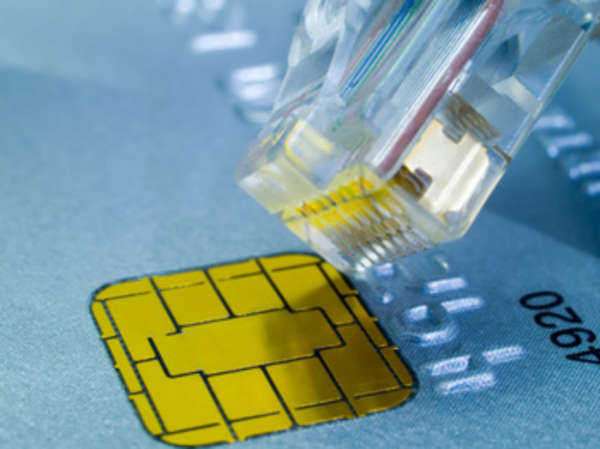Cyber Stalking



With the frequent use of computers and the Internet, Internet fraud is a common problem that is becoming more and more rampant. Committing an act of fraud usually involves deceiving a third party for personal gain. Proceeding from that understanding, Internet fraud would mean deceiving, or perhaps stealing, by using the Internet as a tool. Contact a fraud lawyer to acquire legal advice and assistance.
A common occurrence of Internet fraud takes place when an outside party hacks into the victim's account and obtains personal information (i.e. credit card numbers, social security information, phone number, etc.). Many times, they will then use that information to pose as the victim in order to commit offenses or to purchase items and charge them to the victim's account. In order to do this, some perpetrators may use malware (malicious software) as a way to obtain another person's personal information from the Internet.
Other perpetrators will actually physically sit at a computer in order to gather the victim's personal data. In order to prevent falling victim to this kind of fraud, make sure to always log off of private accounts and be wary of using personal information over the Internet.
However, stealing information is not the only form of Internet fraud. Sending false e-mail information to frighten or make others feel threatened also falls into the category of Internet fraud. Many feel that this may just be a harmless prank, but this is also considered a Federal offense according to laws of cybercrimes in the United States.
Depending on the circumstance, cyberbullying under an alias can be considered a form of Internet fraud. The best thing to do if one were to fall victim to such a crime would be to immediately report the hostile e-mails or messages to the Internet service provider.
Another scenario that falls into the category of Internet fraud is that of online money schemes/scams. Many times they are advertised as services or jobs that ask for a small fee, but they end up taking large amounts of the victim’s money. Ways to avoid this kind of Internet fraud would include heavily researching companies that advertise on the Internet, avoid paying upfront fees (especially for your employment), and stay away from anything that deals with taking money orders.

Everyday people use the computer without being aware of how easily they can fall victim to online identity theft. Many times, the criminal can be someone close to the victim who is waiting to divulge the victim's personal information and use it for financial profit.
One method that some thieves may use is the method of "shoulder surfing". Shoulder surfing is when someone literally, and most of the time casually and discretely, watches over your shoulder as you punch personal information into the computer (i.e. credit card information, social security number, etc.). The criminal will then use this information, posing as the victim, to his or her advantage.
Another form of online identity theft is using malware (malicious software) in order to illegally obtain a third party’s personal information, which can also be used to the criminal's advantage. Some criminals will also commit identity theft by physically using a computer that was previously occupied by the victim to see if they can search out their personal data themselves.
However, there are steps that can be taken to help lessen the chance of online identity theft occurring. To avoid becoming a potential victim of online identity theft, you may try making sure to log off of sites that contain private information, so that you will have to log on to receive access. Sometimes the most common mistake is forgetting to log out of an e-mail account or an online bank account, where others can review all of your personal information, including finances. When you realize your identity has been stolen contact an identity theft lawyer to acquire legal advice and assistance.
Sometimes, trying to have a password that isn't too obvious can help. Instead of using your birthday or a fact that maybe many people know about you, try using an obscure reference to something many people may not be aware you even enjoy, or perhaps just a random assortment of letters and/or numbers.
Online identity theft is not a victimless crime. It is a Federal offense and can be prosecuted to the full extent of the law. "The Fair and Accurate Credit Transactions Act", or "FACTA", works to help prevent online identity theft and to help exercise consumers' rights.
